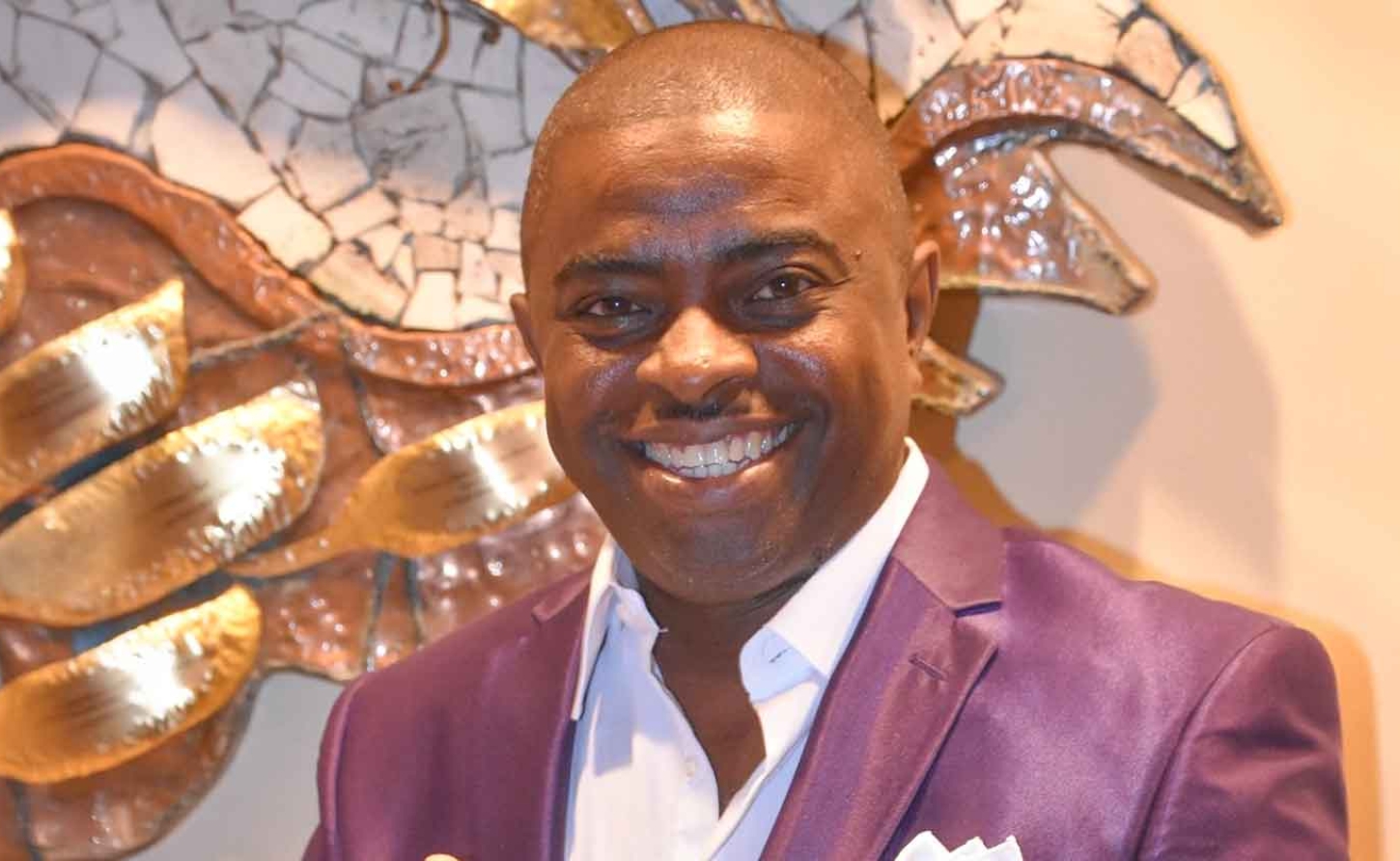JAMAICA | The Rev. Dr Paul Blake Challenges G2K’s Dismissal of Leadership Talks in the Constitutional Reform Process

KINGSTON, Jamaica, October 7, 2025 - When the Rev. Dr. Paul Blake declared that the Generation 2000 network's statement "reeks of insecurity," he wasn't just defending his party leader—he was throwing down a gauntlet over how Jamaica tackles its most consequential constitutional challenge since independence.
The PNP Patriots President's scorching rebuke of G2K's dismissal of Opposition Leader Mark Golding's call for direct leader-to-leader talks on constitutional reform has crystallized a fundamental question: Will Jamaica's path to republican status be forged by visionary leadership or buried in bureaucratic channels?
Blake's defense of Golding's October 3 letter to Prime Minister Andrew Holness cuts through the partisan fog to illuminate an uncomfortable truth—Jamaica's greatest constitutional achievements were never birthed in ministerial offices or technical committees.
They emerged from the crucible of direct engagement between political titans who understood that transformative change demands more than delegated authority.
Ghosts of Giants Past
The historical precedent is irrefutable. National Heroes Norman Manley and Sir Alexander Bustamante didn't achieve independence by routing discussions through subordinates.
Through the 1940s and 1950s, these founding fathers engaged directly, their personal commitment and political capital forging the constitutional framework that governs Jamaica today. The vision, compromise, and nation-building required at that pivotal moment could only come from leaders willing to put their full authority—and legacy—on the line.
Fast-forward to the 1990s: P.J. Patterson and Edward Seaga demonstrated that constitutional reform of any magnitude requires visible, active partnership between Prime Minister and Opposition Leader.
Not as a matter of optics, but as a practical necessity. Only leaders at that level possess the political capital to deliver their parties, command public confidence, and make the bold decisions that subordinates simply cannot.
Golding's letter invoked this tradition deliberately. His call for leader-level dialogue isn't the bureaucratic sidestepping that G2K's response implied—it's an elevation of the process to match the gravity of the undertaking.
Becoming a republic isn't an administrative reform to be workshopped by the Minister of Justice. It's a generational pivot that will define Jamaica's national identity for decades to come.
The Insecurity Diagnosis
Blake's diagnosis of G2K's response as born from "insecurity" stings precisely because it rings true. His assertion that the young JLP affiliate mistakes "loudness for leadership and partisanship for patriotism" exposes the hollowness of their critique.
By suggesting that ministerial channels suffice for initial engagement, G2K—and by extension, the administration—signal either a fundamental misunderstanding of what constitutional reform requires, or a calculated reluctance to commit Prime Ministerial authority to the process.
Patriots General Secretary Davalle Grant sharpened the point further: "This critical issue demands the PM and OL's personal involvement, not sidelined consultations." The subtext is damning—without Holness's direct engagement, how seriously is the government taking this historic opportunity?
The Generational Stakes
What makes Blake's intervention particularly potent is the generational lens. The PNP Patriots, like G2K, represent Jamaica's young professionals—the cohort that will inherit whatever constitutional framework their leaders deliver.
Blake's challenge implicitly asks: Do you want transformative change forged through the kind of leadership that built this nation, or incremental tinkering processed through bureaucratic machinery?
The contrast couldn't be starker. On one side, Golding extending an olive branch rooted in Jamaica's proudest democratic traditions. On the other, a response that seems designed to avoid the very partnership it claims to embrace.
The Unanswered Question
Blake has thrown the challenge back to the Prime Minister: Will you meet this moment with the kind of leadership that Manley, Bustamante, Patterson, and Seaga demonstrated? Or will Jamaica's journey to republican status be the first major constitutional milestone achieved—or more likely, delayed—because its leaders refused to lead?
The Patriots' message is unambiguous: authentic bipartisanship begins at the top, not in ministerial waiting rooms. The republic Jamaica deserves won't be delivered through press releases and partisan spin.
It requires leaders willing to do what their predecessors did—sit across from each other, invest their personal authority, and forge consensus that transcends party politics.
The ball is in Holness's court. Blake has made sure all of Jamaica is watching.
-30-
